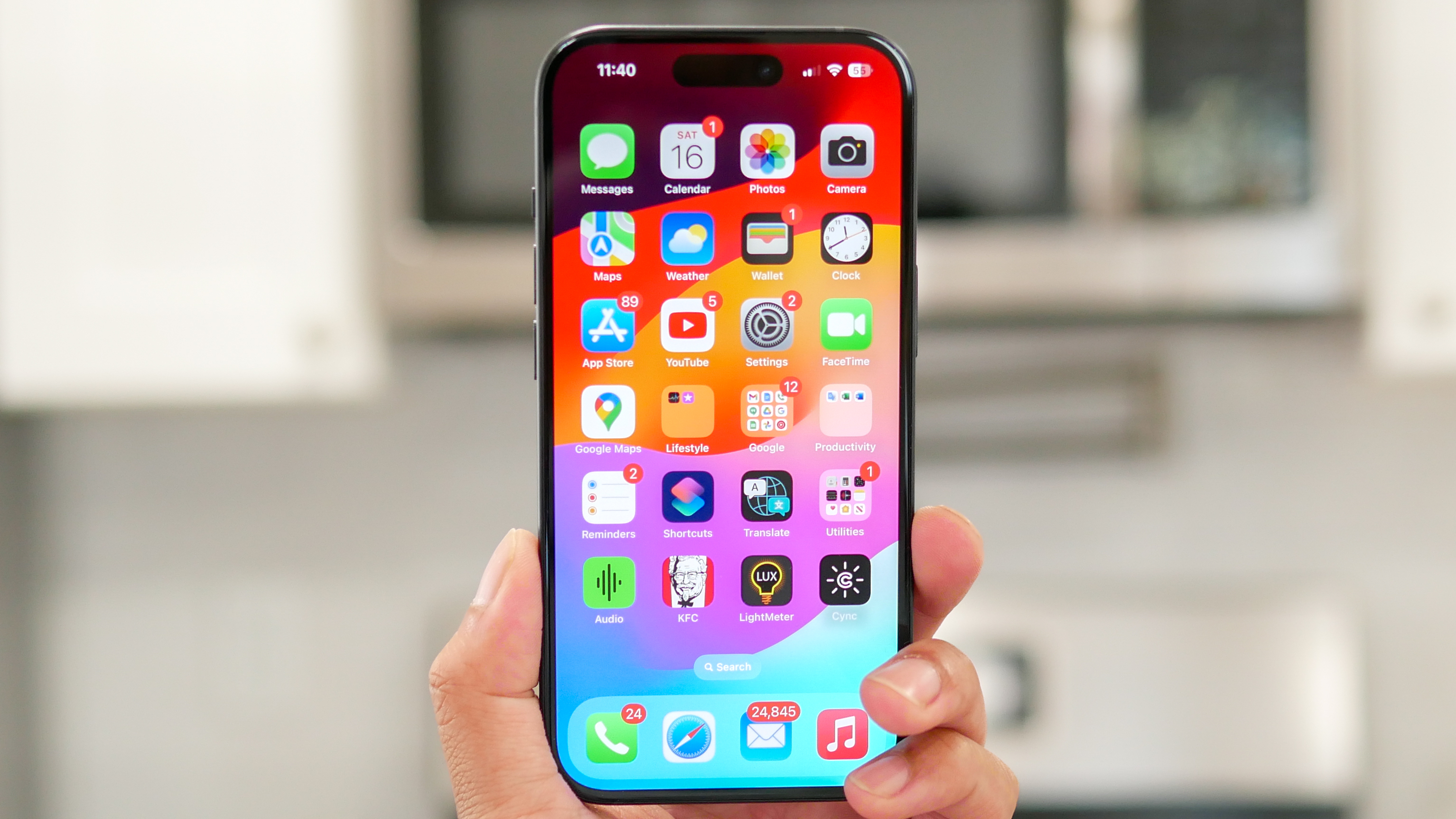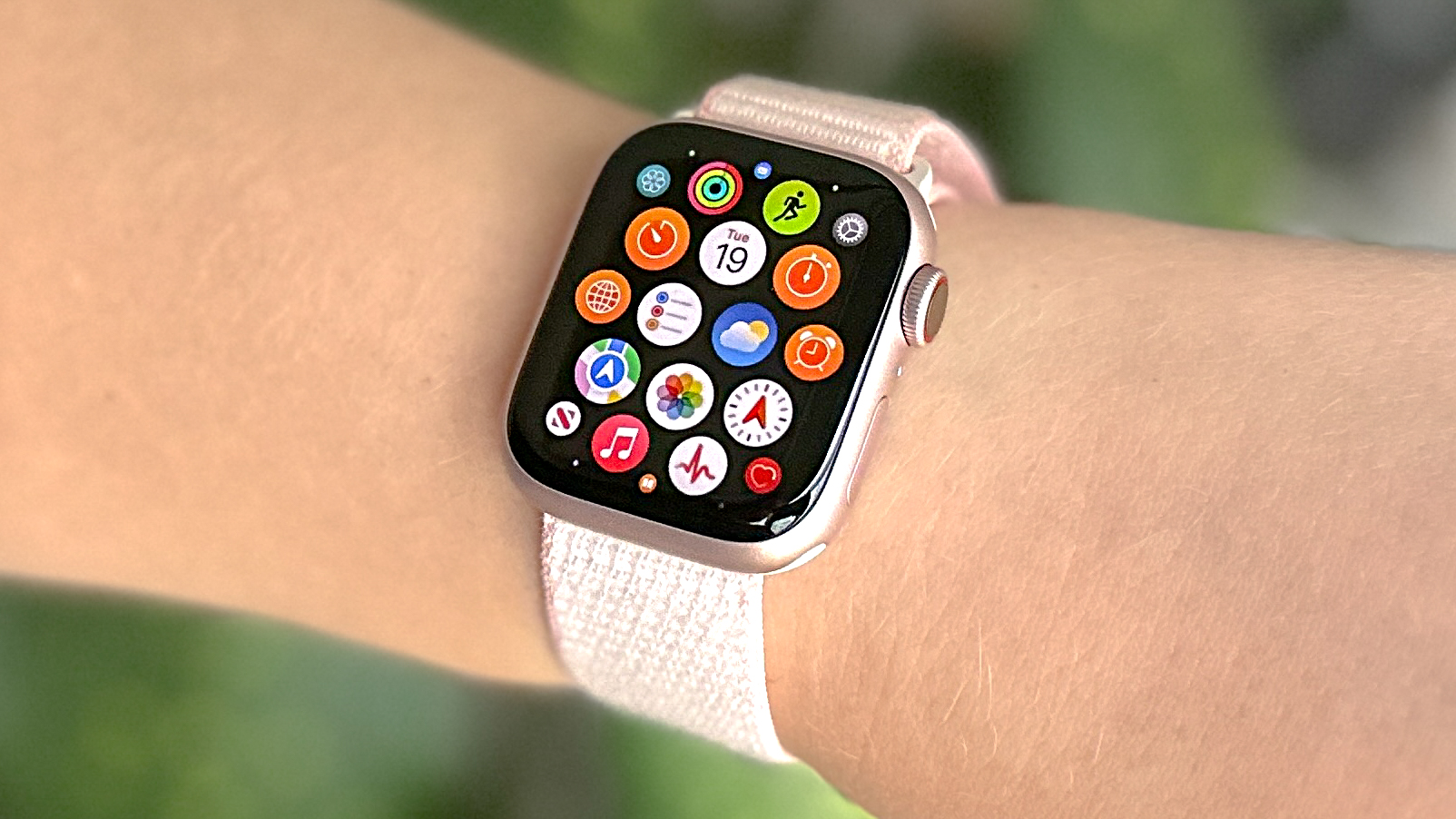
The U.S. Department of Justice’s (DOJ) lawsuit against Apple is arguably the largest technology antitrust case since the battle with Microsoft at the turn of the century. Regulators are effectively challenging Apple’s core business model — the company may have to rework some of its tightly integrated ecosystem.
How much of a difference will this really make? Depending on how the case gets resolved, it could significantly impact how you use your iPhone, though it may not be as big a deal as you might imagine.
More choices for apps, with limits
The DOJ lawsuit mostly revolves around Apple’s control over third-party iPhone apps. Outside of the European Union, where officials have already made Apple loosen its policies through the Digital Markets Act, you’re limited to downloading software through the company’s official App Store. Moreover, Apple sets limits on what third-party apps can do on your iPhone. You can’t use all-in-one “super apps,” certain digital wallets, or third-party SMS texting apps, among other programs.
The DOJ claims Apple is stifling developers by degrading the quality of apps that could compete with Apple's own, especially if they could help iPhone users switch to Android or make people less reliant on Apple's devices.
If successful, the DOJ could require that Apple allow third-party app stores like you find on Android (and soon on the iPhone in the EU). You could have a wider selection of apps, particularly titles that Apple wouldn’t otherwise allow.
No matter where you get your apps, they could also improve in capability. They could perform more tasks in the background, bundle a collection of mini-apps, or offer SMS messaging on top of an online-only chat service. You wouldn’t have to rely as much on Apple’s software, and it might be easier to switch to Android as a result.

“Apple will be forced to open up its ecosystem,” says Hanish Bhatia, an associate director at Counterpoint Technology Market Research. “This means higher interoperability across different ecosystems for payments, apps, messaging and devices.”
With that said, don’t expect a total rethink of the iPhone app market. In some respects, it might not change much at all. Techsponential founder and lead analyst Avi Greengart notes that this isn’t Apple’s first time facing a legal challenge to its app distribution policies. “Some of these issues have been litigated already with Epic, a case which Apple won,” he says. The tech giant might only have to make limited concessions, such as allowing in-app purchases from other providers.
Don’t count on Apple rushing to open up its platform, even if it’s legally required to make sweeping changes. In the EU, the company requires authorization for third-party marketplace developers and notarizes apps to screen for privacy, security, and honesty. Creators in the region also have to request deeper access to the iPhone’s hardware and software features, and only larger developers (those with at least 1 million installs) can distribute apps through the web. While there will be more choices, you still won’t find as much freedom as you do on other platforms.
Better smartwatches for iPhones
The Apple Watch is widely considered the best iPhone smartwatch, not just because of its own functionality but also because third-party watches don’t work as well. Notification responses, cellular access, and battery-saving features are all limited to competing wearables.
As the DOJ points out, the Apple Watch doesn’t support Android. You’re less likely to switch to a rival phone if you have to replace your Apple wristwear at the same time.

A successful lawsuit might require that Apple give other smartwatch designers greater access to the iPhone’s features. If so, you could buy a third-party model that not only offers more functionality on an iPhone but could remain just as useful if you buy an Android phone. That, in turn, could increase variety and spur competition.
This won’t necessarily lead to Apple Watch support on Android, though. While the DOJ does claim in its lawsuit that Apple uses the smartwatch to keep iPhone users loyal, it stops short of demanding compatibility with Google-powered handsets. Like it or not, you may still have to abandon Apple’s timepiece if you lose interest in the iPhone.
More powerful messaging and wallet apps
While the DOJ wants to improve third-party iOS apps as a whole, it singles out issues with messaging and wallet apps.
Only Apple’s own Messages app can offer both internet-based and SMS messaging on the iPhone. Without iMessage on Android, you risk missing out on conversations if you leave the iPhone. You also lose media quality and useful features like encryption and typing indicators.
The antitrust case could improve things by allowing third-party apps with SMS, and broader support for iMessage. You wouldn’t have to switch between Apple Messages and your preferred chat app just to stay in touch with friends, and you could stay in touch from Android if iMessage comes to that operating system.
Third-party digital wallet apps, meanwhile, don’t support tap-to-pay on iPhones outside of the EU. For that convenience, you must use Apple Wallet. The DOJ might push Apple to enable that feature, letting you move to Android while taking your cards, IDs, and other data.
Whether these changes occur is another story. Apple recently committed to supporting RCS on iPhone later in 2024, promising most of iMessage’s feature set (such as higher-quality media and typing indicators) in a true cross-platform standard. However, Apple hasn’t pledged to expand iMessage or SMS support. Tap-to-pay is more likely, though, given that Apple is already opening the feature to third-party apps in Europe.
But will the DOJ win?
There’s one major caveat to all these potential improvements, though: they assume the DOJ emerges victorious. That’s far from guaranteed. Greengart says there aren’t “obvious” cases that Apple either has a monopoly or is hurting users in a way that violates antitrust law. Officials argue that Apple has more than 70% of the US “performance smartphone” market, for example, but that share shrinks to around 65% for the total market. Bhatia adds that proving these cases is “very complex.”
Apple isn’t going to cooperate, that’s for certain. The company says the antitrust lawsuit is “wrong on the facts and the law,” and intends to fight. Greengart adds that these regulatory battles also take a long time and that consumers are a “long way from remedies,” if they happen at all.
There may, however, be a ripple effect in the industry. Bhatia believes the DOJ’s lawsuit against Apple will be “closely watched by big tech” as it could easily set precedents for how antitrust law applies to their businesses. This could affect the other apps and devices you use, not just those on your iPhone.







